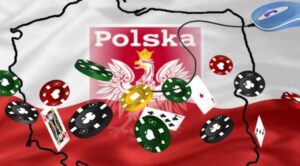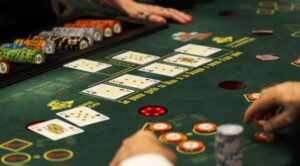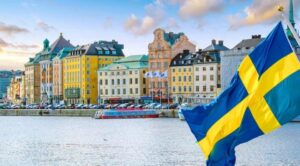Key Moments:
- The municipal tax rate on betting operators could decrease from 5% to 2% if the proposed bill passes.
- The Committee on Legislation and Justice has unanimously supported the tax reduction initiative’s legality.
- Parallel proposals have called for restrictions on betting advertisements due to public health concerns.
Path Toward Tax Reduction
Belo Horizonte has put forward legislation aimed at slashing the municipal tax rate on betting houses from 5% to 2%. This bill, presented by Mayor Álvaro Damião (União Brasil), has secured a favorable review from the Committee on Legislation and Justice in the City Council.
Some members of the legislature have raised concerns about the measure’s consequences. Mayor Damião, however, has emphasized that lowering the tax rate is intended to make Belo Horizonte more attractive to online gambling businesses and expand the city’s tax base, even if the rate is reduced.
Attracting Gambling Operators
The city’s existing regulations mandate a 5% ISSQN tax on activities such as lotteries, bingo, betting coupons, and raffles. Under the proposed changes, the rate would decrease to 2%, aligning Belo Horizonte with other locations seeking to host betting operators.
Mayor Damião defends the measure as a strategic move in response to the rapidly growing online betting market. “With the growing number of virtual betting operations and the advancement of national regulation, companies are actively seeking to establish themselves in Brazil. This proposal creates an opportunity for Belo Horizonte to become a hub for these enterprises, ensuring that they become regular taxpayers of the ISSQN”, he stated.
The city projects that, even with the lowered rate, fiscal revenue in 2025 could reach R$2.8 million, after taking into account tax concessions estimated at R$11,685.
Committee Endorsement and Legislative Steps
The Committee on Legislation and Justice has unanimously confirmed that the proposal meets constitutional and legal standards. According to committee rapporteur, Councilor Dr. Michelly Siqueira (PRD), the bill “doesn’t infringe on any constitutional principles or legal bases” and aligns with the city’s authority over service taxation.
For the bill to become law, it must first be reviewed and approved by three additional committees: Education, Science, Technology, Culture, Sports, Leisure and Tourism; Urban Mobility, Industry, Commerce and Services; and Budget and Public Finance, before it proceeds to a final vote in the plenary.
Countermeasures Target Advertising
As the city moves to make itself a hub for betting companies, two other initiatives are being considered by the City Council that would restrict or ban betting advertising locally. Councilor Wagner Ferreira (PV) has identified gambling dependence as a public health issue and supports measures to ban promotional activities for betting and online gaming. “This policy seeks to protect society from the dangers of gambling and prevent people from becoming seriously mentally ill or debtors“, he explained.
Councilor Pedro Rousseff (PT) has also proposed measures to curb what he describes as the pervasive presence of gaming ads, aiming to “reduce stimuli for compulsive conduct and promote collective well-being.”
Other Fiscal Incentives for Sports and Leisure
Mayor Damião’s administration is seeking additional tax relief for sports and leisure clubs through amendments to the city’s Property Tax (IPTU) rules. The plan offers an increased window for tax discounts, extending eligibility for up to an 80% reduction on defaulted taxes paid up to December 31, 2020 – expanded from the previous cutoff of 2014. This extension is projected to assist 95 institutions, potentially settling R$15 million in debt and resulting in an estimated R$12 million in tax forgiveness.
Damião has argued the arrangement is a long-term investment, stating that it aims to “stimulate the development of sports, social, and recreational programs” by balancing immediate revenue loss with future economic and fiscal benefits.
| Policy Area | Current Rule | Proposed Change | Expected Impact |
|---|---|---|---|
| Betting Tax (ISSQN) | 5% | 2% | Projected fiscal revenue: R$2.8 million in 2025 |
| Advertisement Rules | No specific ban on betting ads | Pending proposals for advertising cap or prohibition | Aims to address public health and promote well-being |
| IPTU (Property Tax) Relief for Clubs | Discounts for payments up to 2014 | Discount eligibility extended to 2020 | Potential benefit for 95 clubs; R$12 million in tax forgiveness |
National Developments and Context
The initiative in Belo Horizonte comes as federal authorities continue to debate methods for taxing online betting operators. The federal government is evaluating new approaches to better tax digital gambling and related financial transactions. Recently, the Chamber of Deputies approved a provisional measure aimed at raising the Financial Operations Tax (IOF), adding to the tax load for betting firms. Congressman Lindbergh Farias (PT–RJ) has submitted a bill to increase the national betting tax from 12% to 24%.
While policy debates persist at the national level, Belo Horizonte is adopting a distinct approach by reducing its municipal rate, striving to strike a balance between economic opportunity and social challenges in the gambling industry.
- Author


